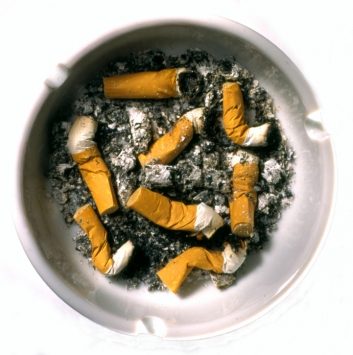
1. Butt out already!
It’s not at all surprising that researchers blame tobacco use for 30 percent of cancer deaths in Canada. Aside from lung cancer, smoking can raise your risk of oral cancers, as well as kidney, pancreatic cancer and more.
Not quite ready to butt out? We’re certainly not condoning you keep lighting up. But in the meantime, just cutting down on the number of times you light up per day can significantly lower your lung cancer risk.
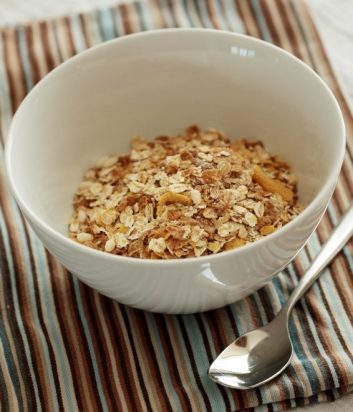
2. Go for the grain
Opt for two or more servings of wholegrain breads, cereals and pastas and you could slash your risk of developing pancreatic cancer by a whopping 40 percent. In pre-menopausal women, the fibre in wholegrain cereals was shown to cut the risk of developing breast cancer in half.
Research also shows the fibre in whole grains can modestly reduce your risk of developing colorectal cancer.
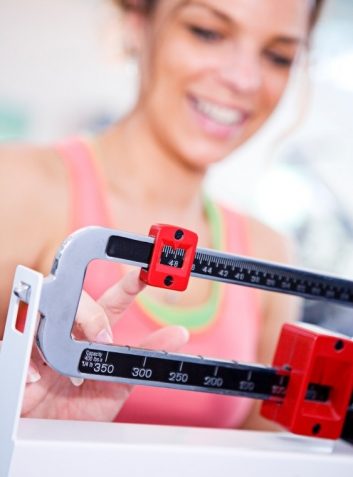
3. Scale it down
A landmark report by the World Cancer Research Fund found “convincing evidence” that weighing too much is a cause of six different types of cancer, including colon and breast cancer. The review, which included some 7,000 previously-published studies, found that gaining weight can also boost your risk, even if you are within a healthy weight range (BMI 20-25).
Other studies have shown being overweight or obese can also impact the likelihood you’ll get screened for various types of cancer.
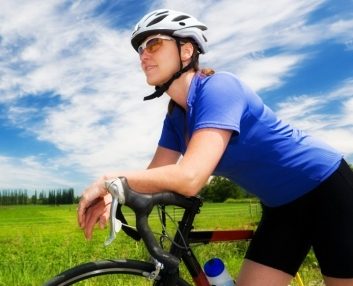
4. Get a move on
Exercise isn’t just a powerful weight-management tool, it can also help to reduce your risk of cancer. There’s even some evidence to suggest it may offer some extra protection for heavy smokers.
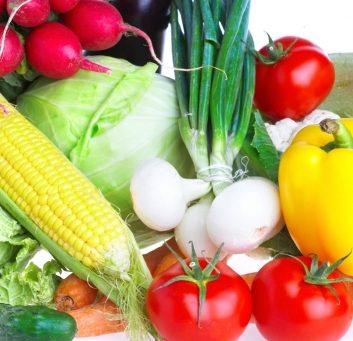
5. Indulge in nature’s anti-cancer arsenal
Not only can fruits and vegetables help you to maintain a healthy weight, but research suggests that the phytochemicals and antioxidants they contain can help to protect you against cancer.
Because different foods offer different protective benefits, make sure to get a colourful variety. Broccoli and kale, for example, may reduce the risk of colon cancer, while tomatoes can help to protect you against cancers of the stomach and pancreas.
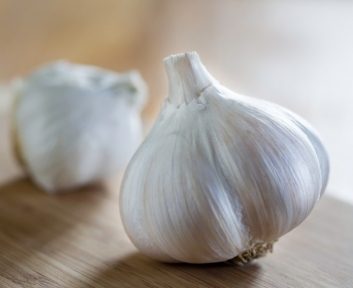
6. But hold your nose…
Bad breath risk aside, you may want to load up on garlic and onions. There’s evidence to show spicing up your food with these members of the allium family may cut your risk of esophageal, ovarian, kidney and other cancers. And stock up on those breath mints – research suggests the more you eat, the lower your risk!
![istock_000003665340small[1]-30137948.jpg](https://www.besthealthmag.ca/wp-content/uploads/2016/01/istock_000003665340small%5B1%5D-30137948_13.jpg?fit=353%2C325)
7. Slather on sunscreen
We don’t need to tell you how sun exposure can increase your risk of skin cancer. And contrary to what some may believe, there’s no such thing as a safe tan, whether it comes from the sun or a tanning bed. Use an SPF of at least 15 every day (even in the winter) and reapply when you’re spending prolonged periods outside or if you sweat or go for a swim. And forget the pricey anti-aging creams. Have we mentioned sunscreen is one of the best ways to reduce wrinkles?
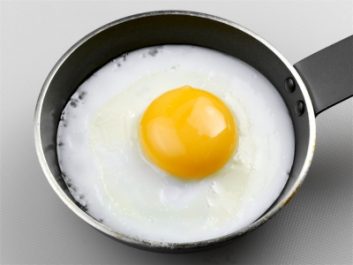
8. Get cracking
Research suggests that eating eggs can help to cut your risk of breast cancer. One study found that the risk for women who ate eggs six times a week was 44 percent lower than for women who ate eggs two times a week or less. Recent research suggests the nutrient choline, found in the yolk only, may be behind this benefit.

8. Get cracking
Research suggests that eating eggs can help to cut your risk of breast cancer. One study found that the risk for women who ate eggs six times a week was 44 percent lower than for women who ate eggs two times a week or less. Recent research suggests the nutrient choline, found in the yolk only, may be behind this benefit.
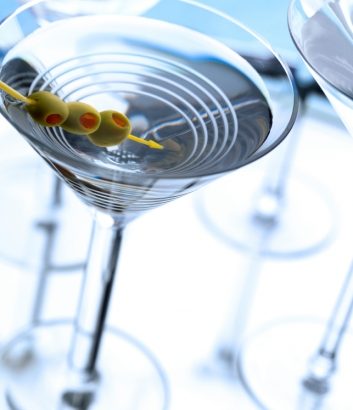
9. Be the designated driver
There’s good reason to go easy on the booze. While alcohol’s cardiovascular benefits are often praised, there’s evidence to suggest drinking can boost your risk of head and neck, esophageal, liver and colorectal cancers. Alcohol is also associated with an increase breast cancer risk for women taking hormone replacement therapy or with a family history of the disease.
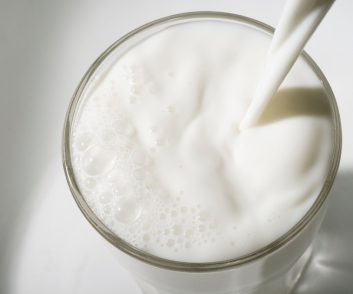
10. D, please!
While researchers say it may not prevent all cancers, there’s a growing body of research that suggests getting enough vitamin D – the sunshine vitamin – could lower your risk of developing colon and breast cancers. Sunshine and supplements aside, this vitamin can be hard to come by. But salmon, mackerel, tuna and fortified milk are all good sources.
